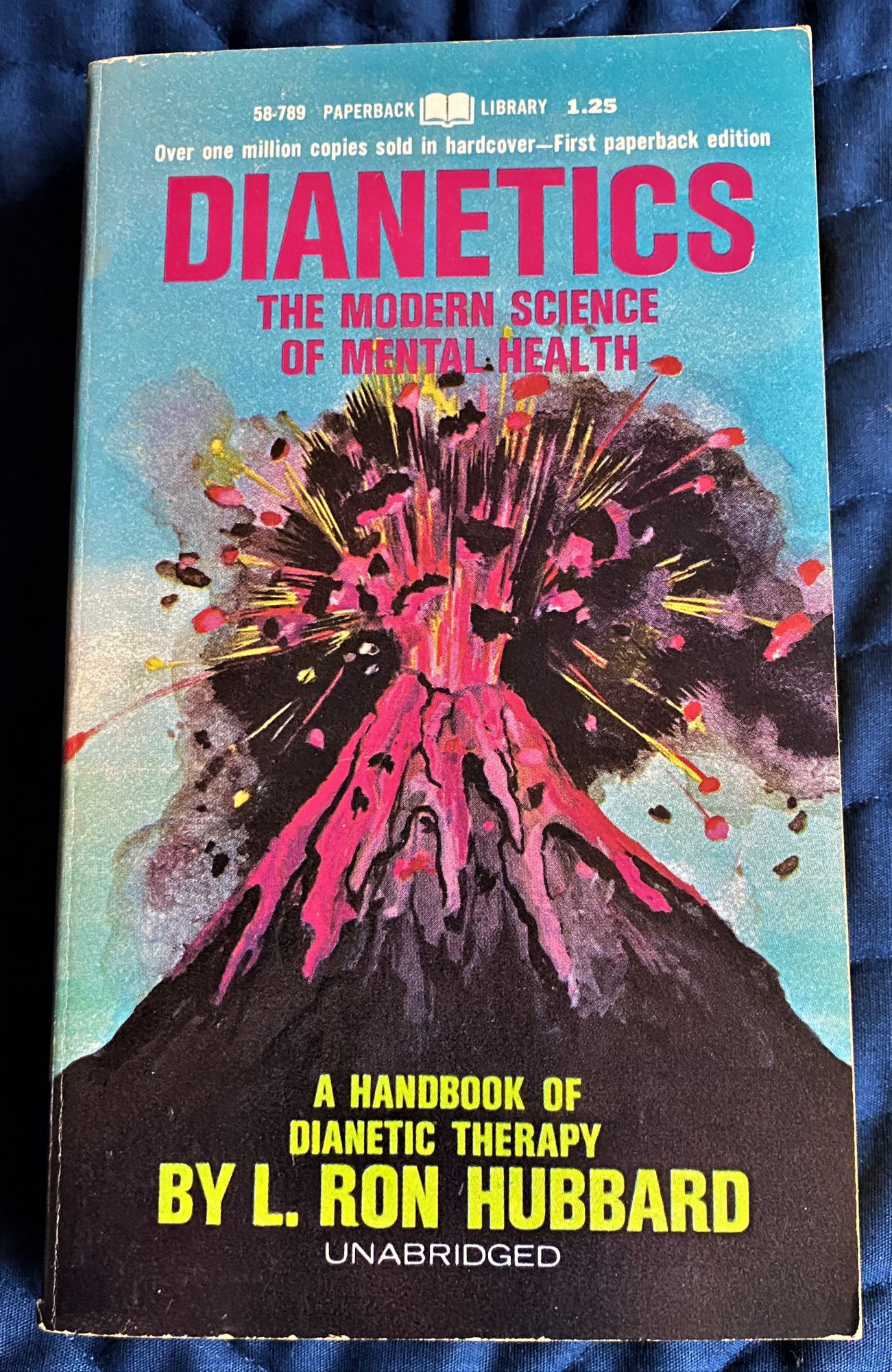Dianetics Things To Know Before You Get This
Table of Contents4 Easy Facts About Dianetics ExplainedAn Unbiased View of DianeticsExamine This Report about DianeticsAbout Dianetics
I could not ever not intend to receive anything that comes to mind for you- if it was otherwise, I wouldn't be sitting here with you, doing this. I not just might never ever have an issue, or not intend to listen to something that comes to mind for you, but I'm completely anxious to understand every concept, every idea, every picture or feeling that arises or shows up for you- do not ever think or else, and if for one reason or another you do, please just let me recognize! Sometimes, you might have an idea, and photo, concept or incident turn up that does not seem to respond to the concern, or connect to it, yet however, always do tell me regarding it, and as we continue, the significance will certainly emerge for you.This is integral in the basis of handling, and the subject of this discussion: the standard functions of the therapist and the client: The fundamental role of the therapist is, contrary to "common training", not to regulate, which implies to impose and/or hinder, but to rather work from the basis of EMPOWERING THE CLIENT.

What Does Dianetics Do?
John Mcmasters shared this fundamental reality wonderfully well in one of his lectures on Power handling, in which he explains just how he was asked what this "unique knack" was that he had for offering such great sessions; he needed to believe concerning that for a moment, and spotted that it was what he had not been doing, as well as what he was doing: he had not been evaluating, judging, computer, or in truth, generating any thoughts, allow alone verbal expressions, after giving the command and while awaiting the computer to complete their solution to their fulfillment; he was, simply and only, being present with the computer, and completely interested.
The duty of the therapist, showed; that was his "special knack". I have had my own experience which instructed me this well, really early on in the game. In 1982, having recently finished my training and internship on New Period Dianetics, I was running this on hop over to here a COMPUTER, and there was a factor in the session where (being a little bit wet behind the ears not yet having lots of hours under my belt as a specialist auditor) the computer appeared to be "taking as well long" to express anything verbally after I gave him a command.
This key transformed out to be one of the most valuable payment that John ever made to the subject of treatment or bookkeeping (Dianetics). In my simple viewpoint, it is the best payment that anybody has ever before made to these subjectsthe application is entirely non-judgemental, non-evaluative, and lacking any suggestion, advice or opinion.no preconditioned program for individuals, or 'levels' that they must do
In Idenics, the only source of details about a client is the specific customer. In Scientology we prided ourselves on not examining for people. But all that really implied was that the auditor did not vocally assess for the PC in session. The registrars and values police officers reviewed for the PC.
The Ultimate Guide To Dianetics

Any individual that had ever before seen John audit could not aid yet observe a special quality in his bookkeeping."The client's basic duty is to be there with the function of relocating the direction of their spiritual objectives, and to freely and completely express and experience whatever materializes for them in answering the inquiries and performing the directions in the handling.
This is something to process as required. But likewise, individuals regularly have prior experience and/or brainwashing in auditing/processing which, somehow, and to some extent, really misinforms them into mindsets, concepts and behavior patterns that stop look these up the complete realization of these functions, therefore they will certainly tend to prevent the expressing of what enters your mind, as in the examples offered above. * The first, and perhaps primary examples of mis-indoctrination bring about much less than completely smooth and effective sessions, can be found in specific elements of the training routines, or "TR's":"TR's" are commonly an individual's initial, or at the very least early, experience in Scientology, and while I will certainly go on to clarify what I view as the imperfections in principle and technique, however, often tend best site to be significantly restorative, done as they are provided (Hubbard insists that "TR's are not processing, they are educating", but factually, they are both handling AND training)
There is no "flunking", and no rejection of the truth of this being processing. The emphasis, as it must be, is on experiencing the other individual's existence.
A Biased View of Dianetics

Comments on “Dianetics Fundamentals Explained”